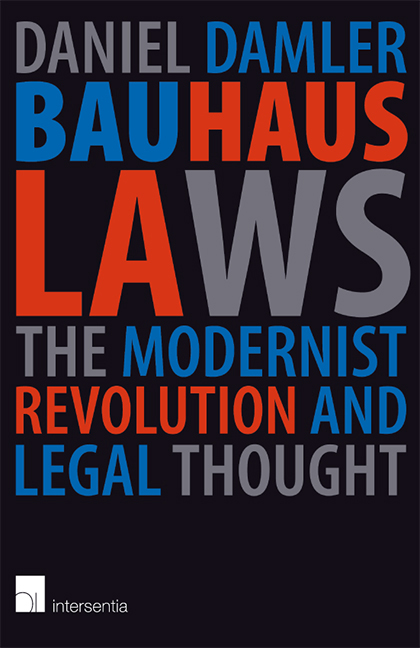
- Cited by 1
-
Cited byCrossref Citations
This Book has been cited by the following publications. This list is generated based on data provided by Crossref.
Quiroga-Villamarín, Daniel R. 2023. Friendly Fire: The Politics & Elective Affinities of International Law and the Politics of History International Law and the Politics of History , by Anne Orford, Cambridge, Cambridge University Press, 2021, 382 pp., £22.99 (Paperback), ISBN: 9781108703628 . Global Intellectual History, p. 1.
- Publisher:
- Intersentia
- Online publication date:
- November 2019
- Print publication year:
- 2019
- Online ISBN:
- 9781780688817
- Subjects:
- Law, Environmental Law




